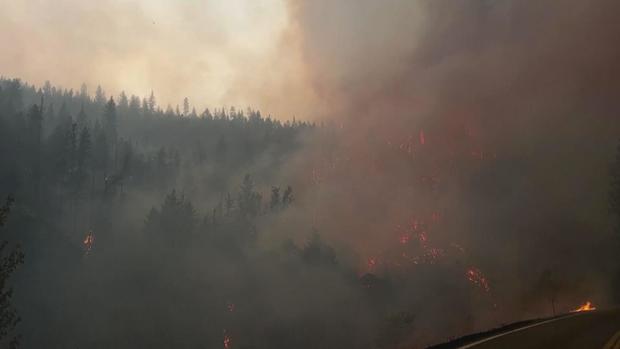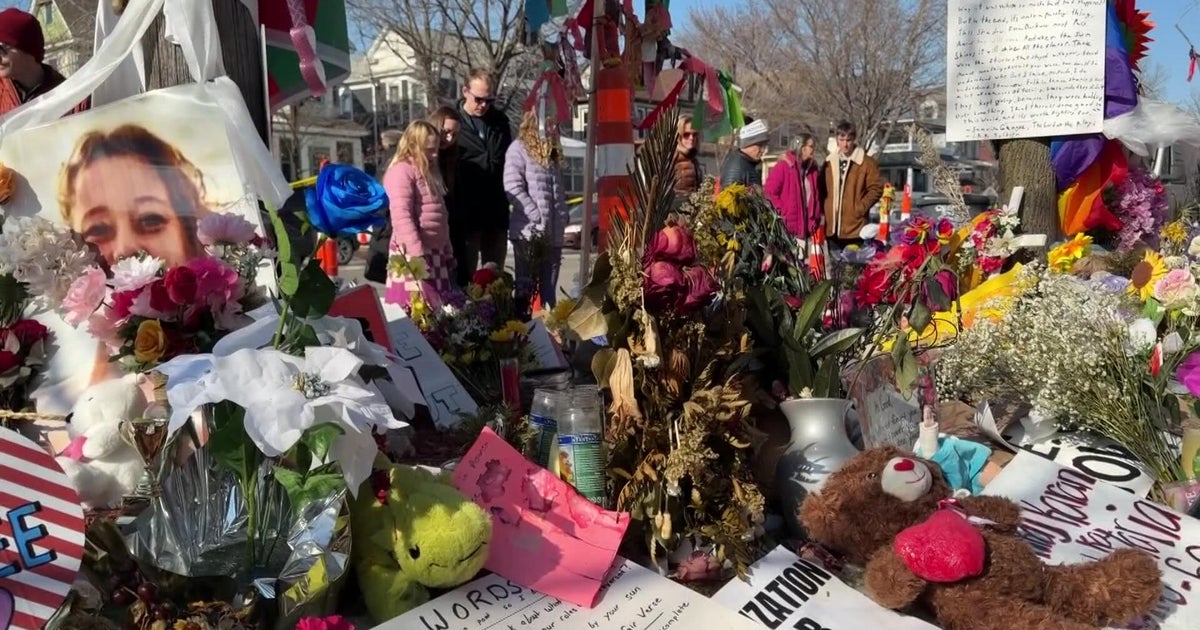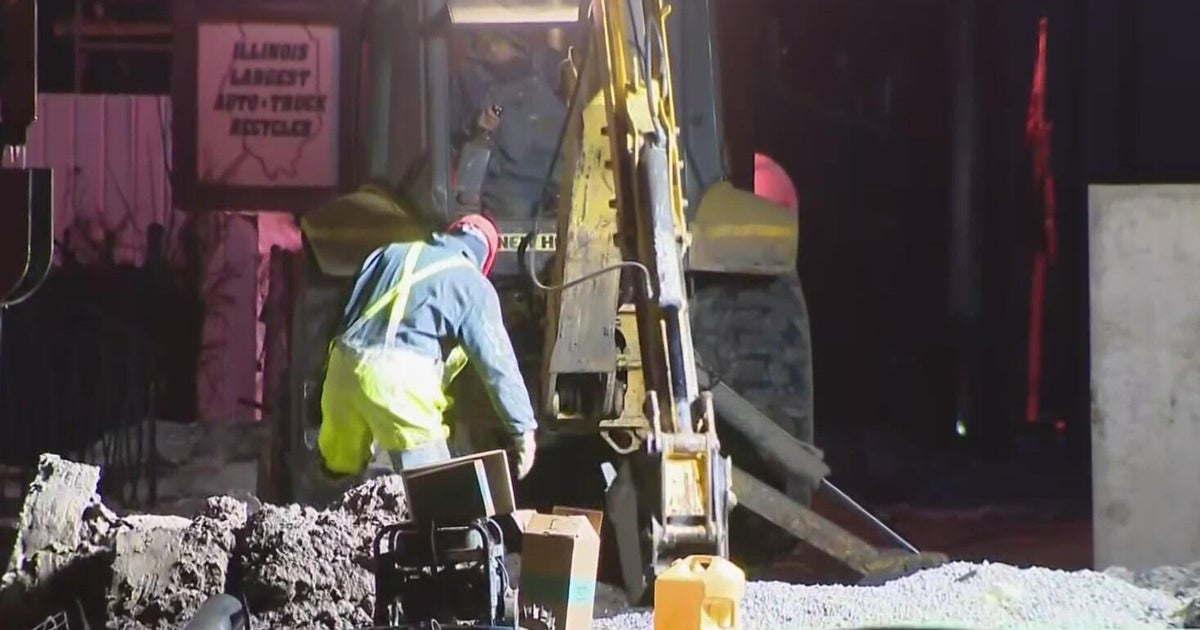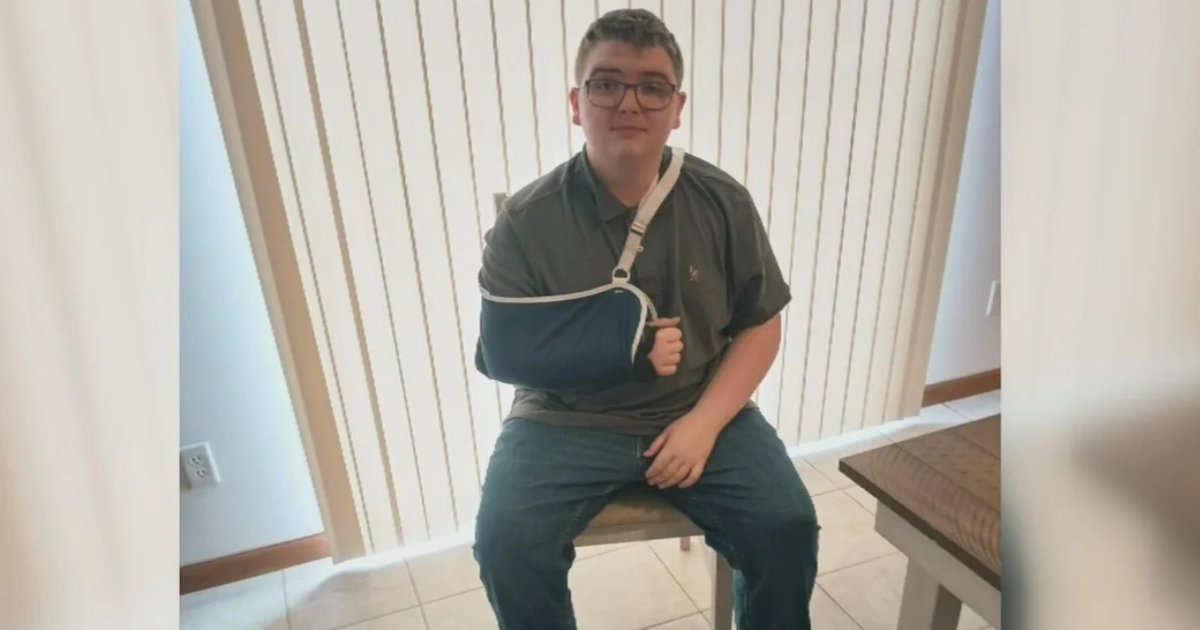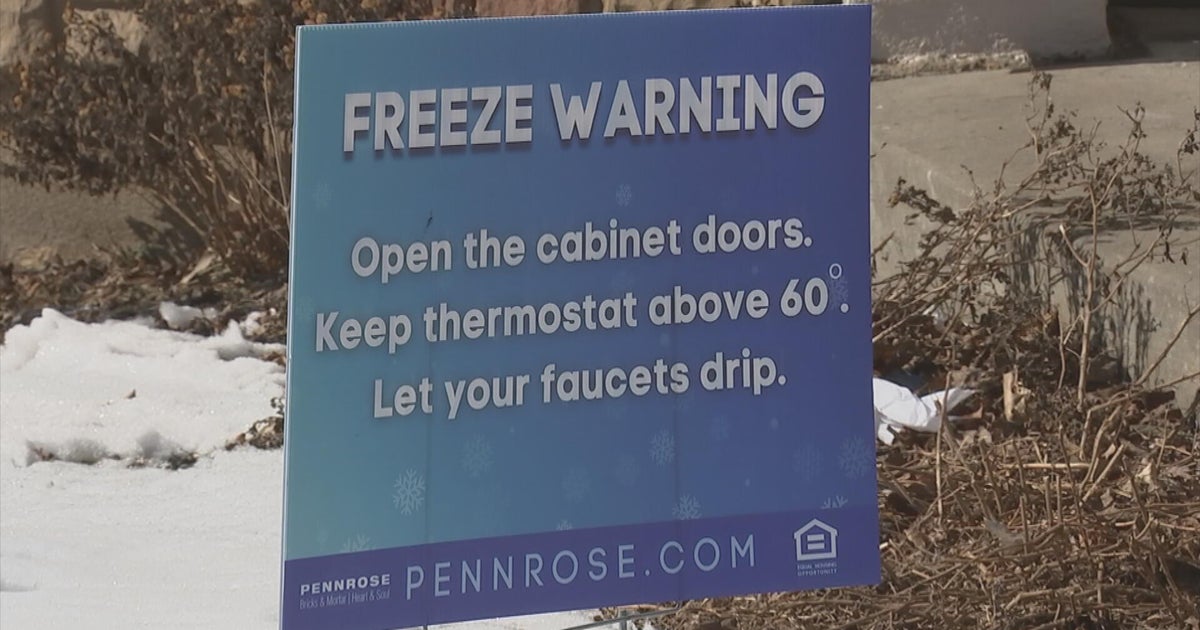Climate change's aggravating impact on asthma sufferers
FOREST LAKE, Minn. – Breathing is the most vital function there is. But for many of us, it's not as easy as it sounds, especially these days.
More than 50 million Americans suffer from allergies. It's the sixth leading chronic illness, and one in 13 people are affected. And in recent years, it seems like it's getting worse.
Summer is the time of year when Minnesota shines. And avid cyclist Todd Nesvold is soaking it up.
"The sun, the wind, the bicycle, it feels like you're moving but you're still interacting with the environment," Nesvold said.
But the environment can be brutal at times because of Nesvold's serious asthma.
"It does feel a little suffocating because I'm not able to get a full breath, because I'm trying to cough again and I'm trying to expel that air the rest of the way out of my lungs," he said. "It can be scary."
It's a little scary, and a little more common these days, according to Anne Griffiths, a pediatric pulmonologist with Children's Minnesota.
"With higher temperatures, growing seasons are longer, the amount of pollen produced is more potent," Griffiths said. "My sense is that climate change is directly impacting the allergy season. Kids are having more flaring of allergy symptoms and those allergy symptoms then can trigger asthma exasperations."
Data shows pollen season is 20 days longer now than it was in 1990. The numbers are there but Dr. Griffiths says she's seen it play out in real time. Think of those wildfires up north last year, and all that smoke.
"Last summer we were hammered by phone calls with families and kids were on prednisone and lots of asthma flairs during those poor air quality days," she said.
Climate change is causing more wildfires, and there is more cause for respiratory concern in general.
"It's not just one issue, right? It's air pollution, it's carbon dioxide production, fossil fuels, congestion, and our environment as a whole," Griffiths said.
She says the key is meeting with a provider to come up with options before things get dicey, like Nesvold did.
"I kind of have to plan ahead, a lot of times I have to pre-medicate," he said.
So he'll keep pedaling, because it's an environment he's not ready to give up on.
Dr. Griffiths says the severity of allergies and asthma is up, and the number of people affected is also increasing.

